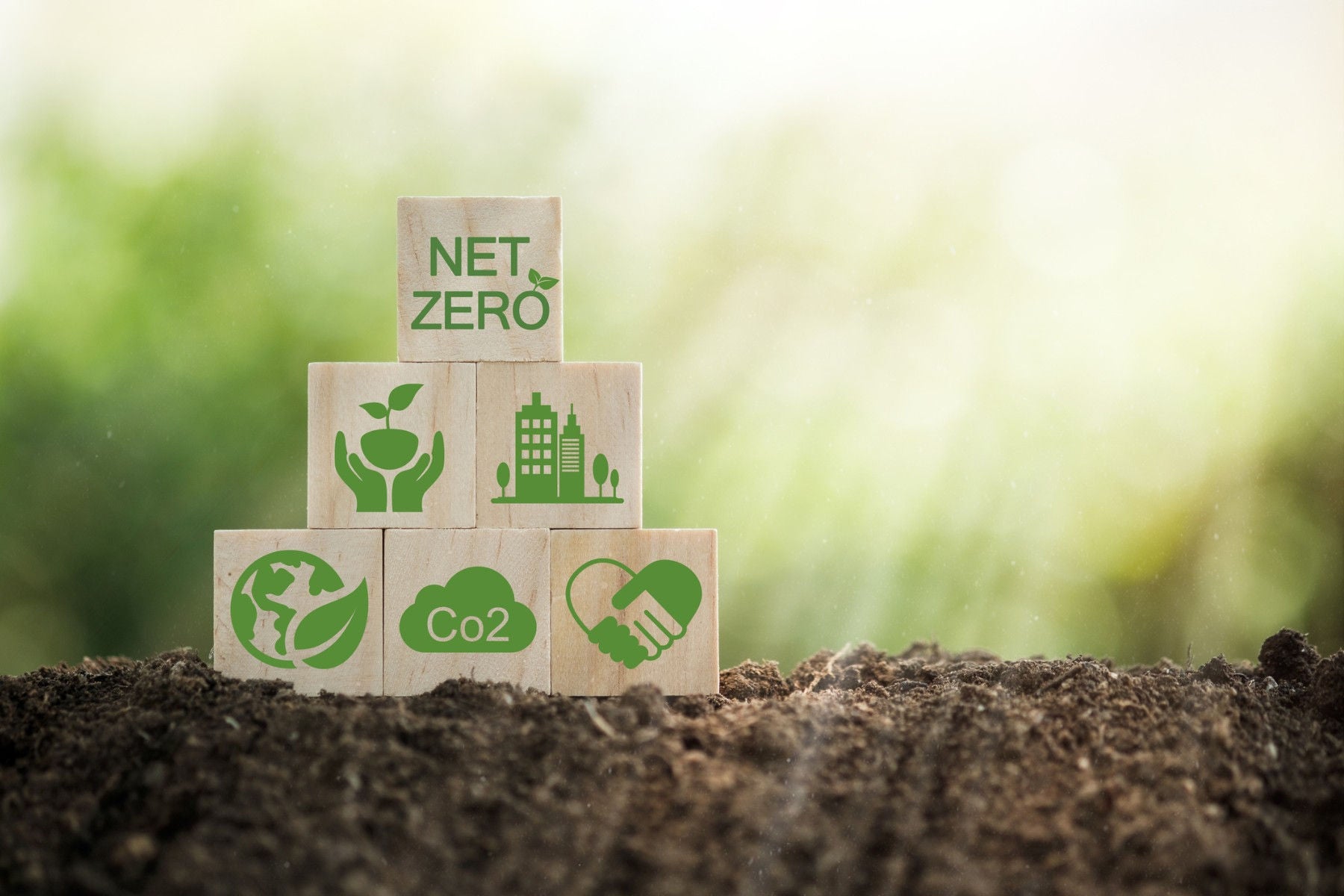EY refers to the global organization, and may refer to one or more, of the member firms of Ernst & Young Global Limited, each of which is a separate legal entity. Ernst & Young Global Limited, a UK company limited by guarantee, does not provide services to clients.
EY Tax News Flash
Another step for environmental protection: The position of the European
Parliament on the carbon tax regulation
On June 22, 2022, as the latest step of the Union law-making process, the European Parliament adopted its standpoint concerning the CBAM proposal.
CBAM (Carbon Border Adjustment Mechanism), also known as the carbon tax mechanism, is an integral part of the „Fit for 55” package – the relevant draft regulation of the EU Commission was first officially published in the summer of 2021. As previously presented, CBAM is a climate protection measure that extends the current EU Emission Trading System („EU ETS”) to imported goods originating from non-EU countries which are usually responsible for high emissions. Goods under the scope of CBAM will be subject to the payment of carbon tax.In addition to the payment obligation, the mechanism also imposes several administrative tasks on companies and their customs representatives.

Since the final form of CBAM regulation has not been created yet, there have been news in recent weeks that the introduction of the mechanism on 1 January 2023 may be delayed. It is worth noting, however, that the current official positions do not yet speak on postponing the start of the transition phase. Among others, the European Parliament decided on this and the following points when it adopted its unified position on the draft carbon tax regulation on June 22, 2022.
- The original product scope proposed by the European Commission would be extended. The relevant products would include, inter alia, plastic products and certain chemicals.
- The transitional period of CBAM would be in effect from January 1, 2023, until December 31, 2026. From January 1, 2027, the final form of CBAM would enter into force, under which – in addition to administrative obligations – the economic operators concerned would be obliged to pay carbon tax in the form of CBAM certificates.
- When calculating the embedded emissions of products, “indirect emissions” (emissions from the production of electricity consumed during the production processes of the product) must be considered as well. Thus, when calculating the required amount of CBAM certificates, not only direct emissions but also indirect emissions shall be taken into account.
- Opposite of the European Commission’s earlier standpoint, the European Parliament wishes for a central, EU-level CBAM authority instead of Member State-level authorities.
As the next step of the law-makings process, a trilateral discussion will be initiated between the European Parliament, the European Commission and the European Council. As soon as the Regulation is finalised - expected in fall 2022 - the drafting of the implementing rules shall begin.




